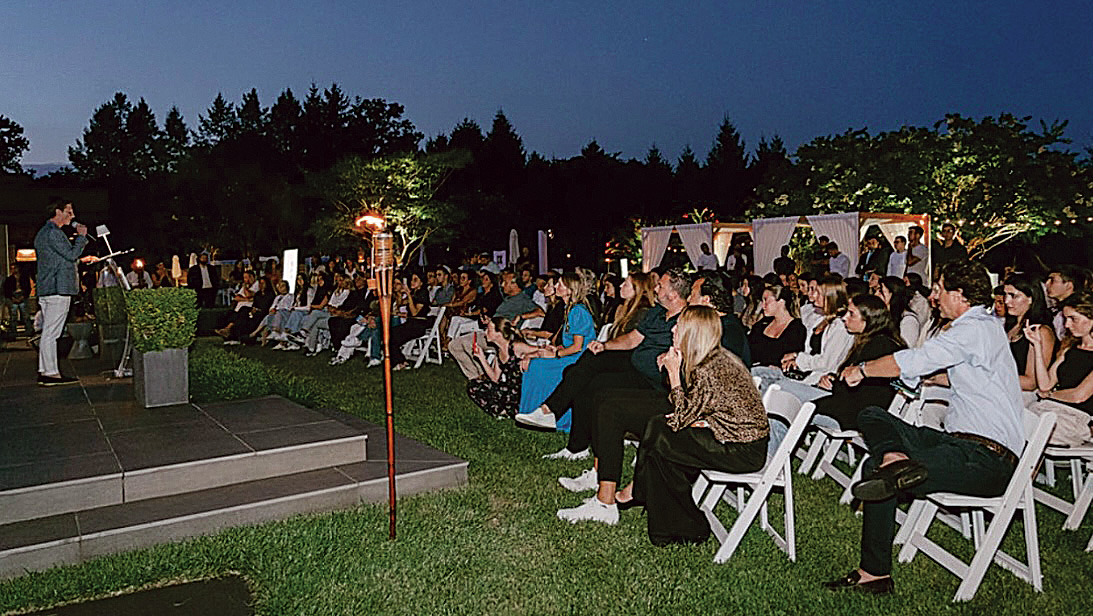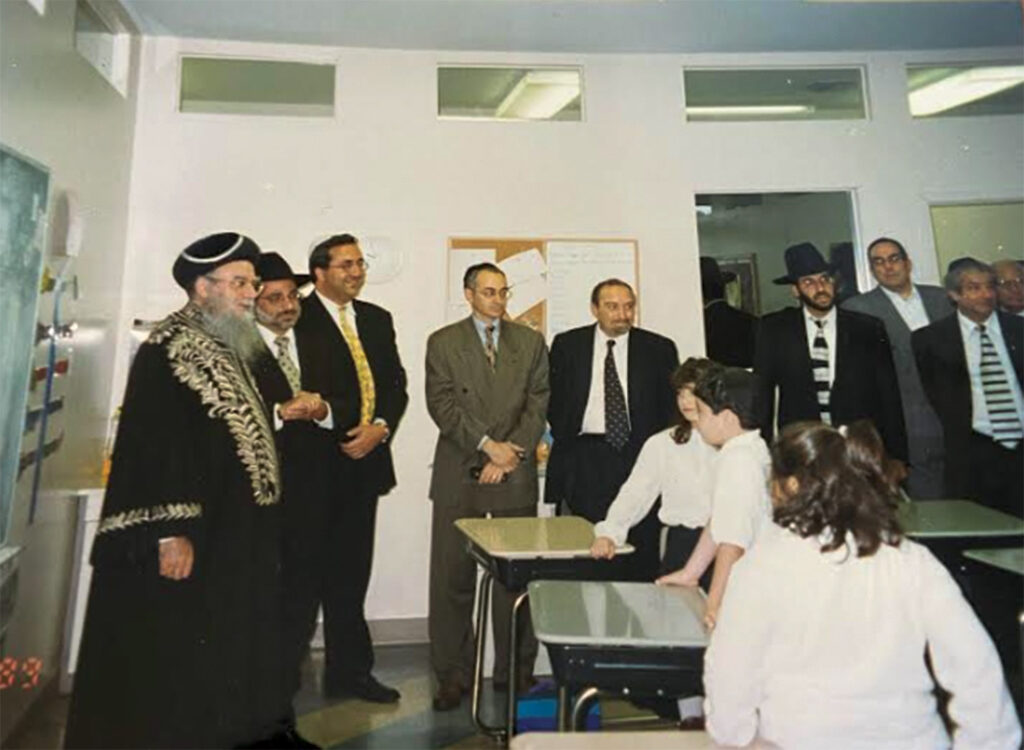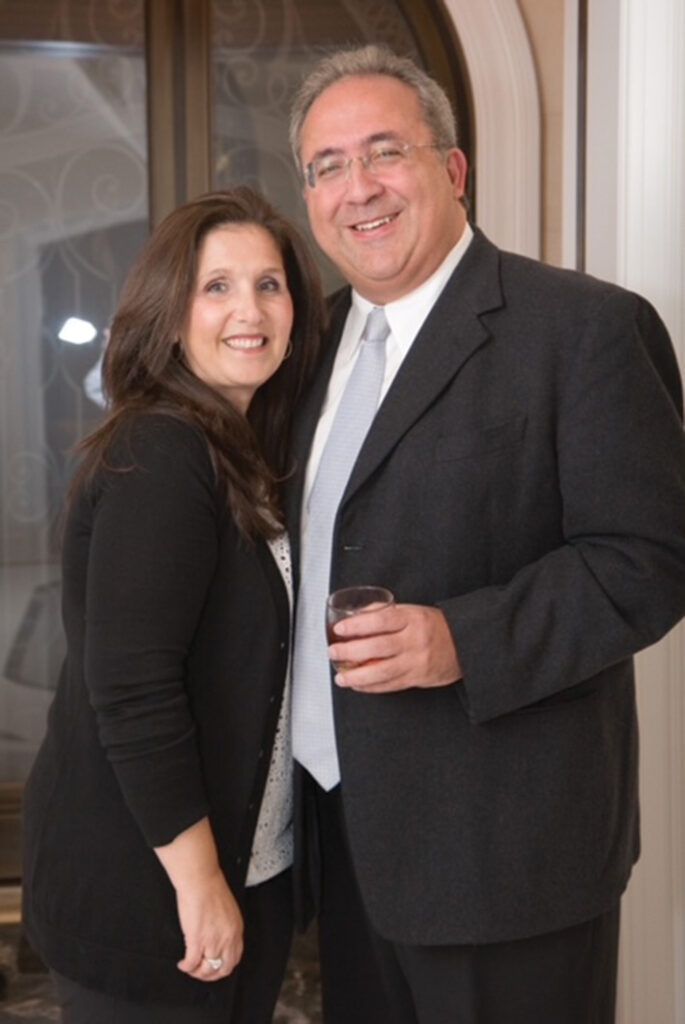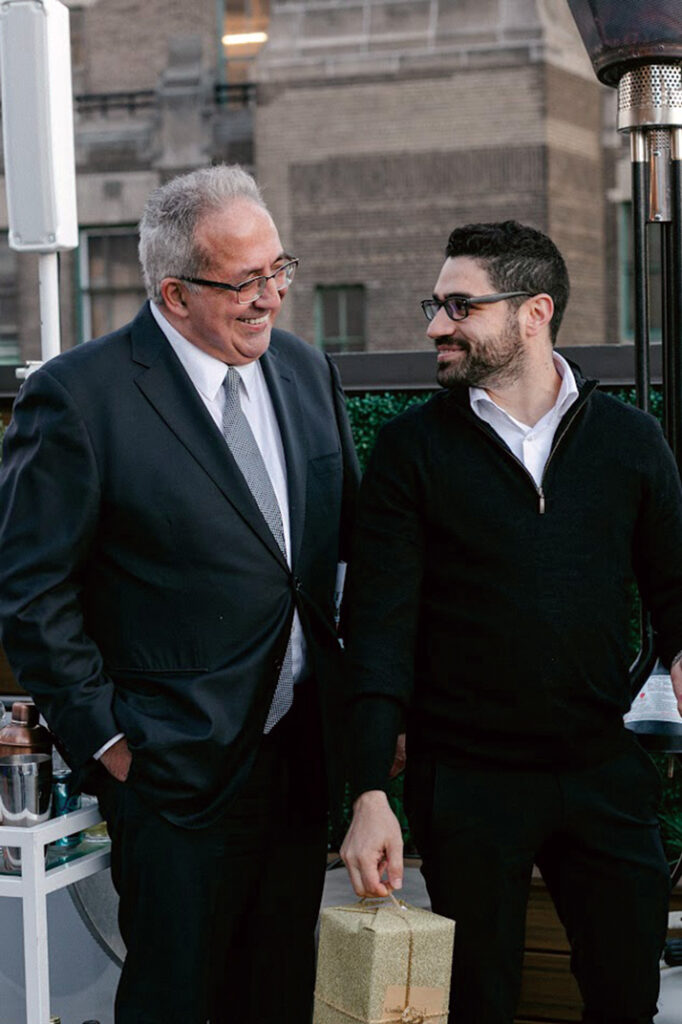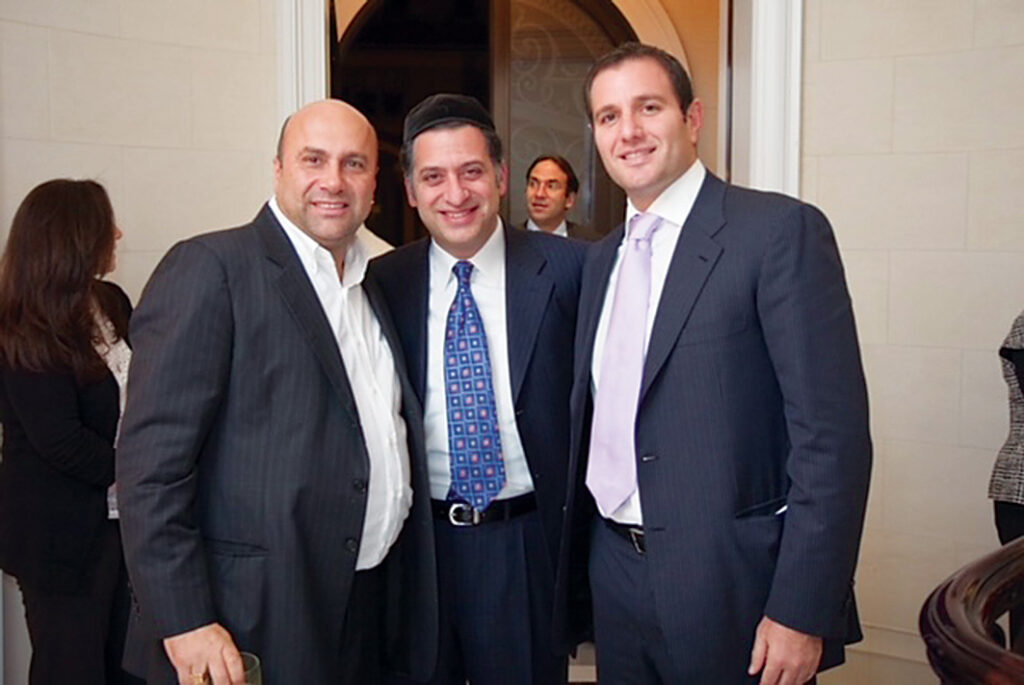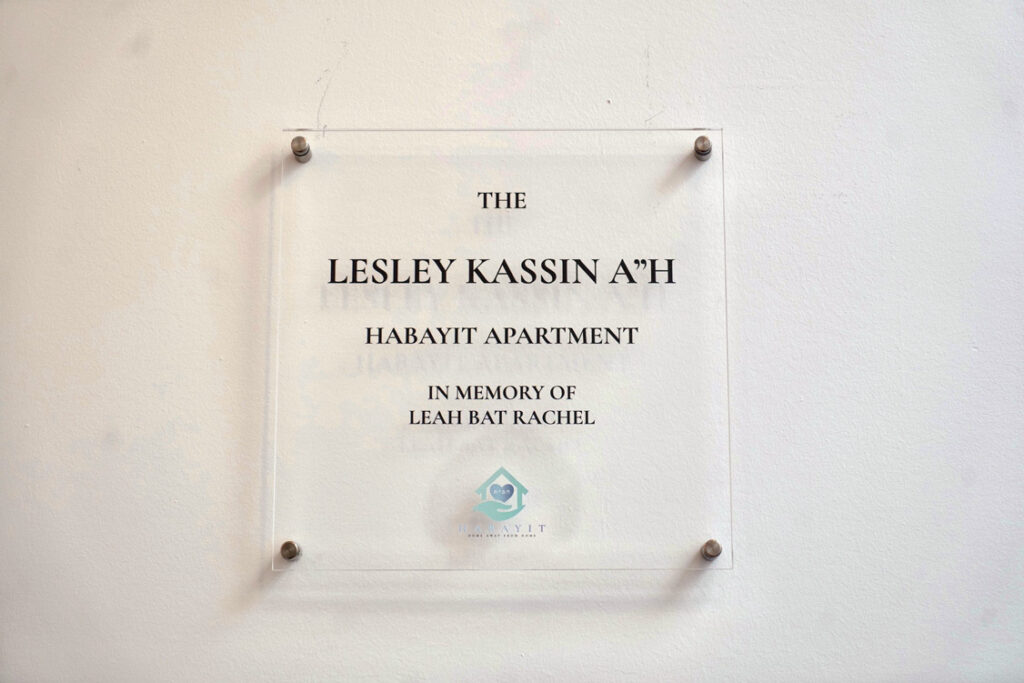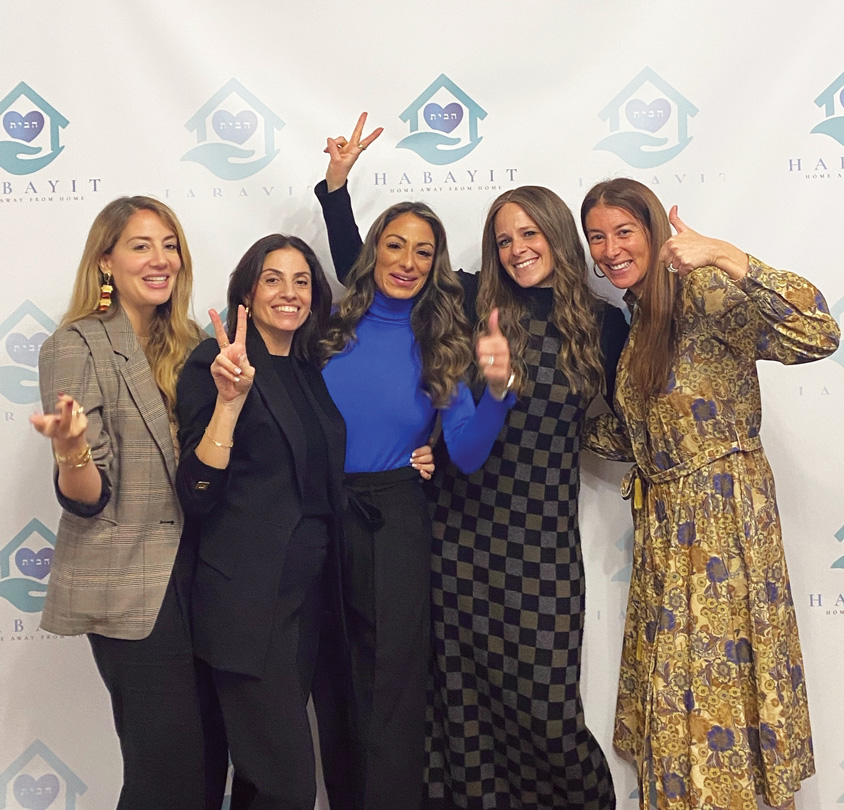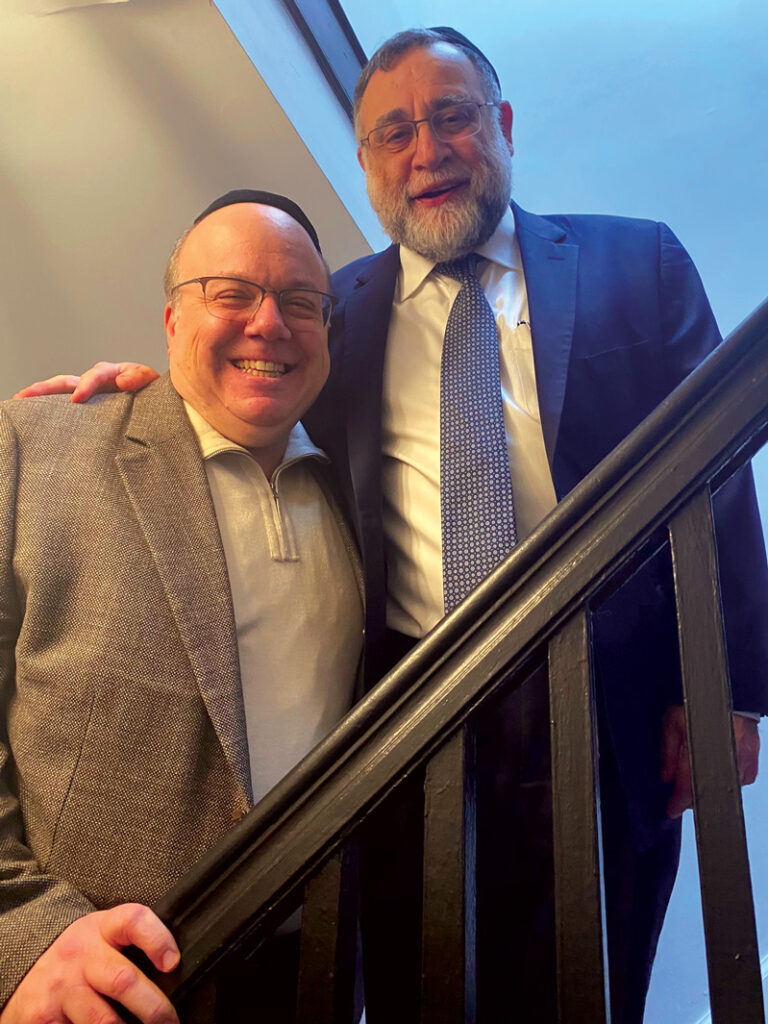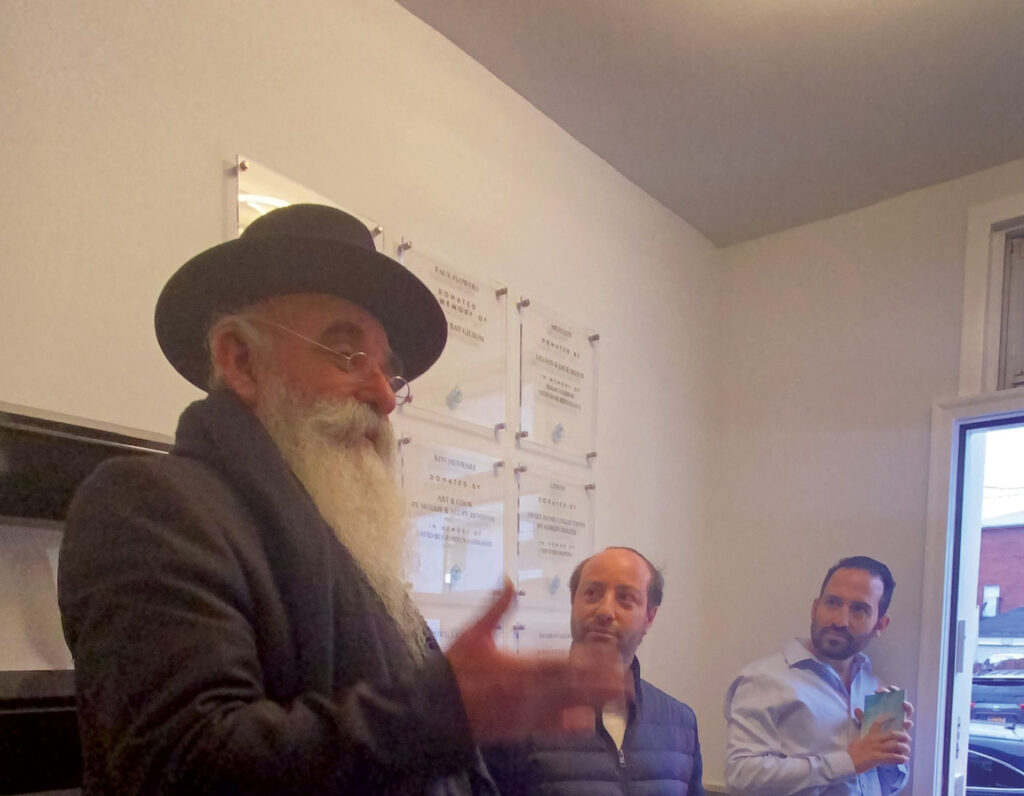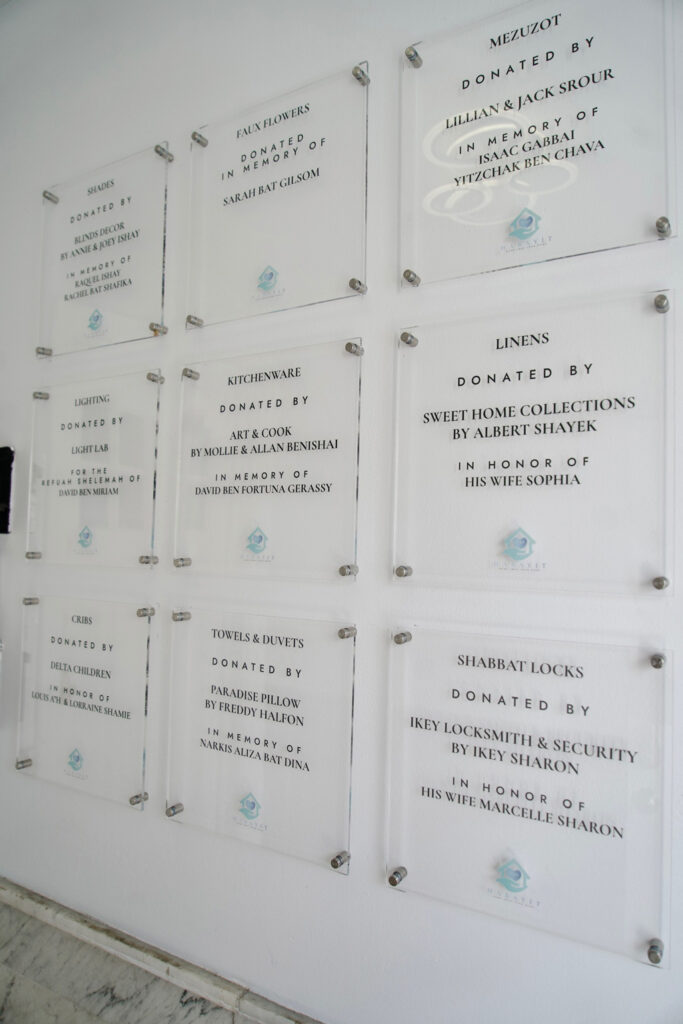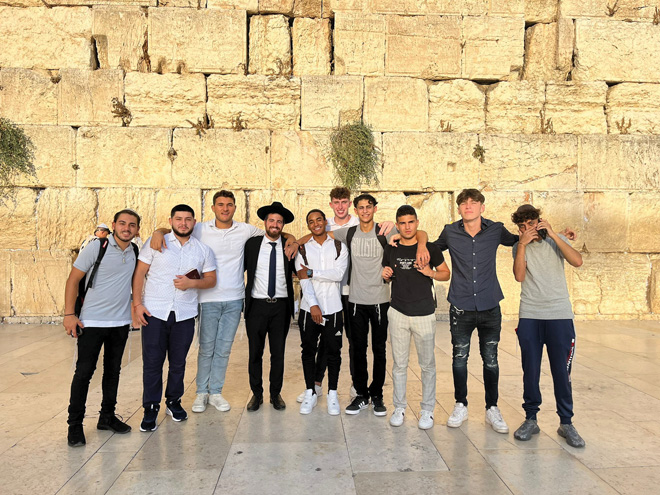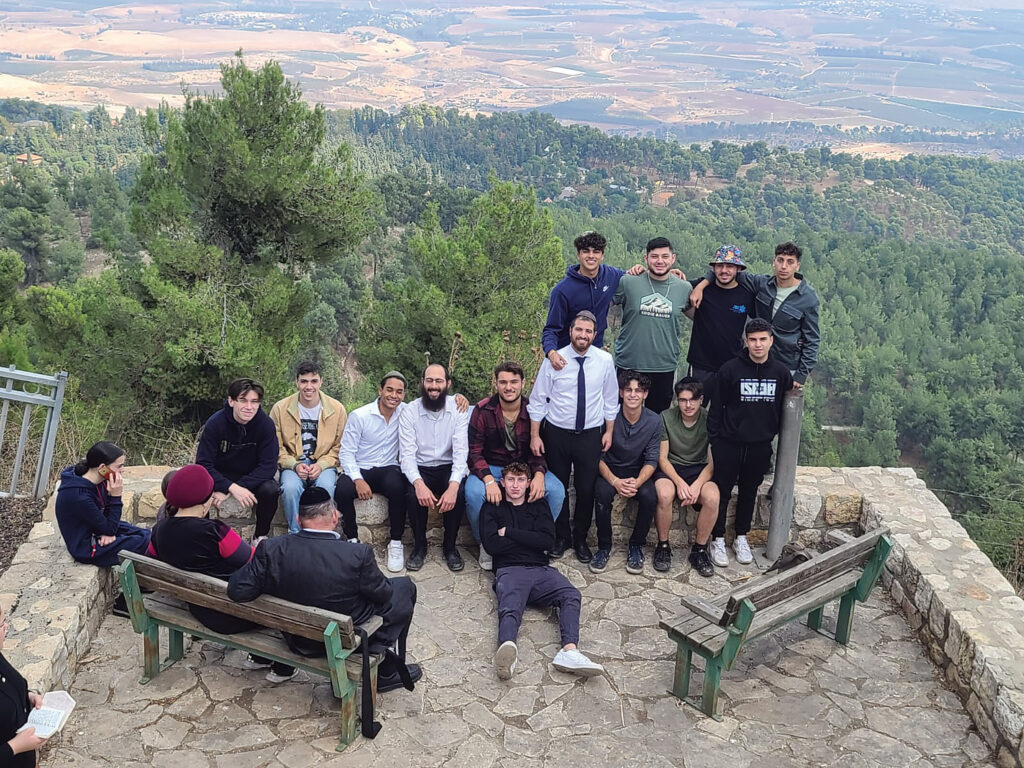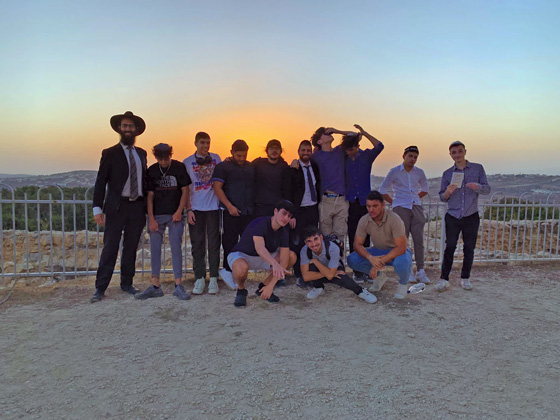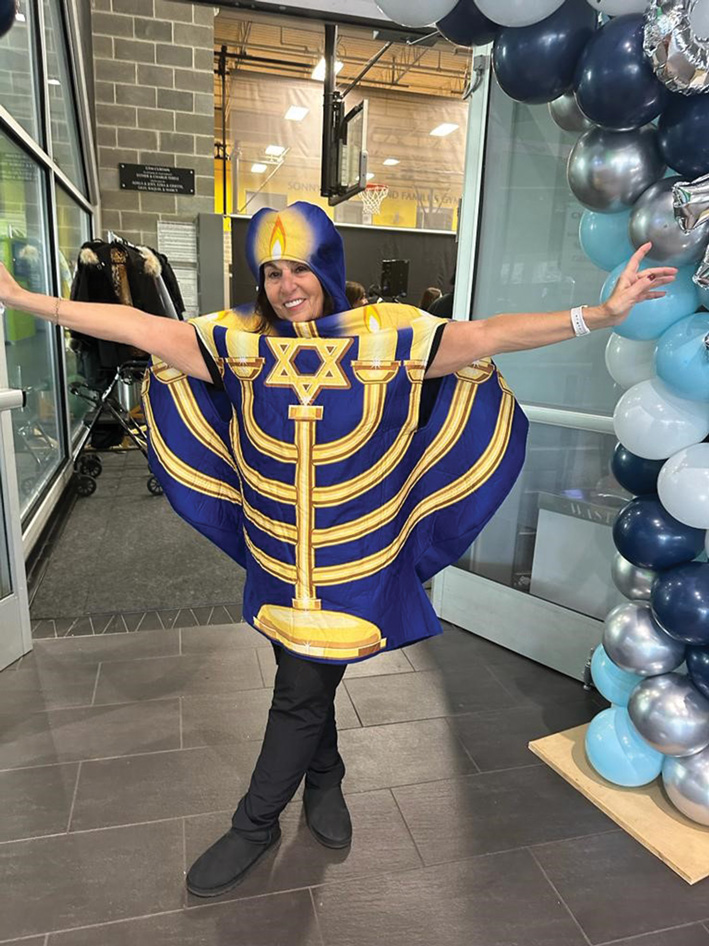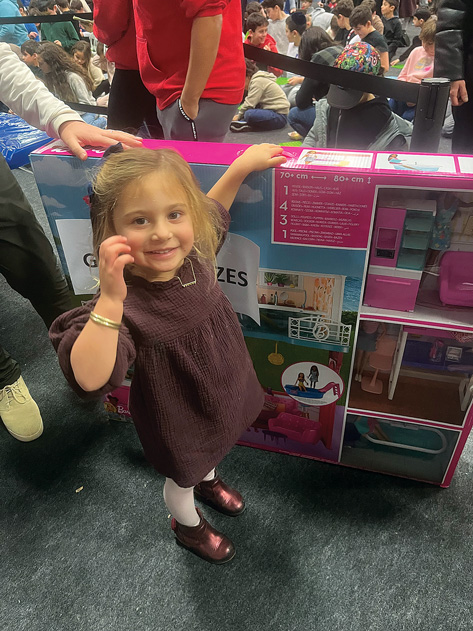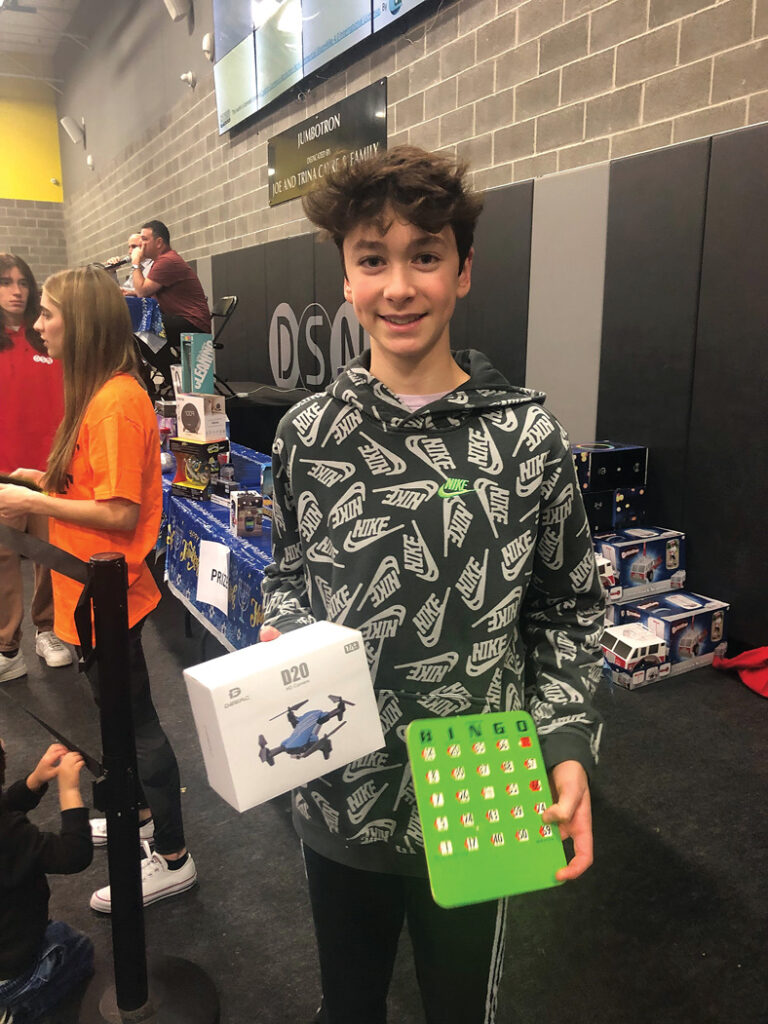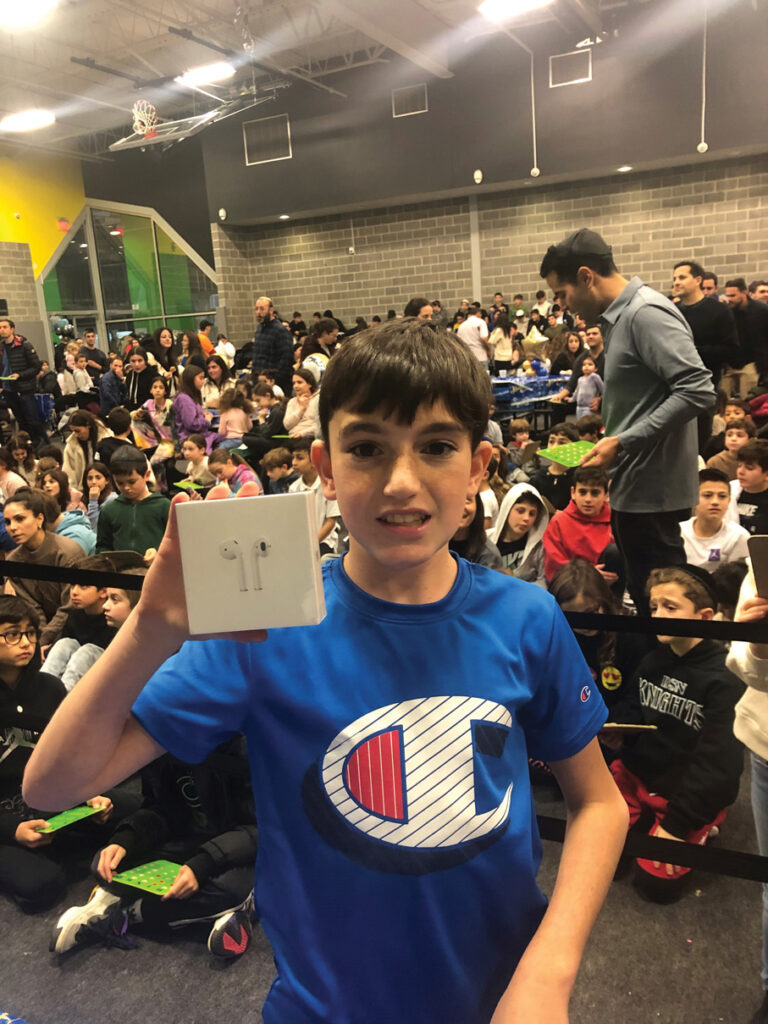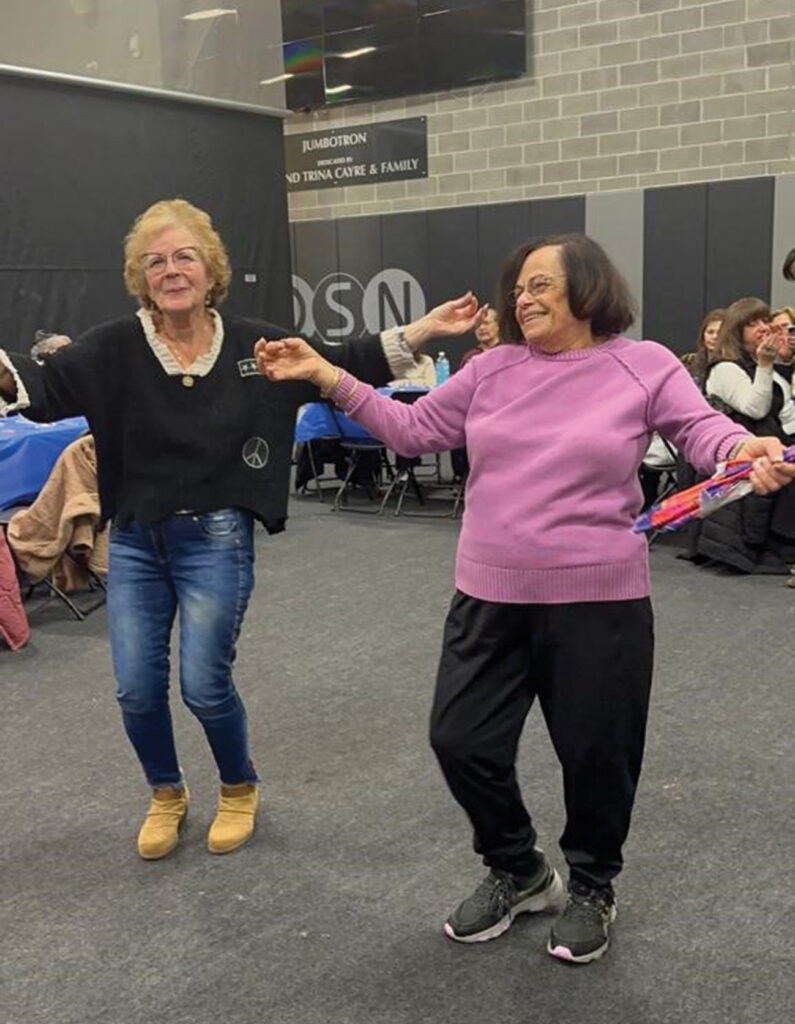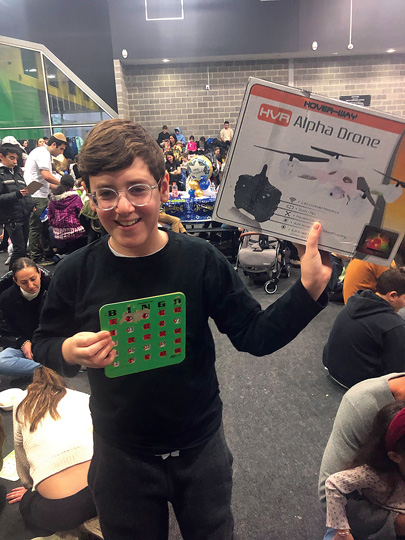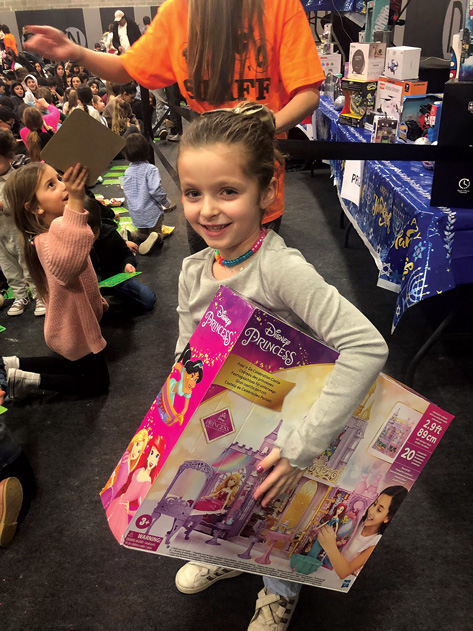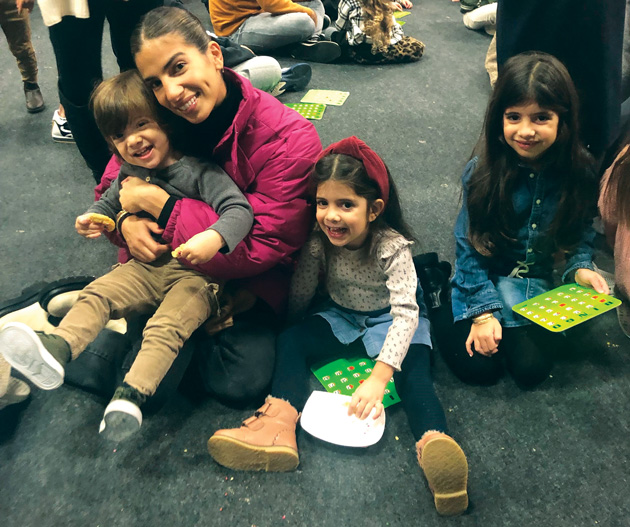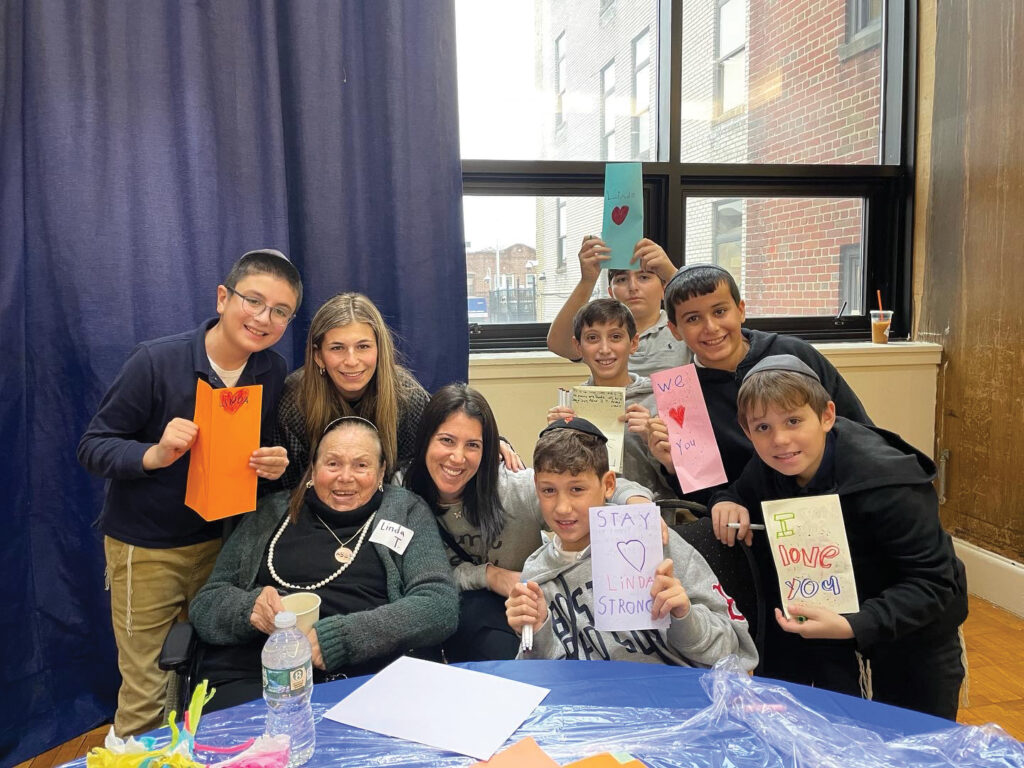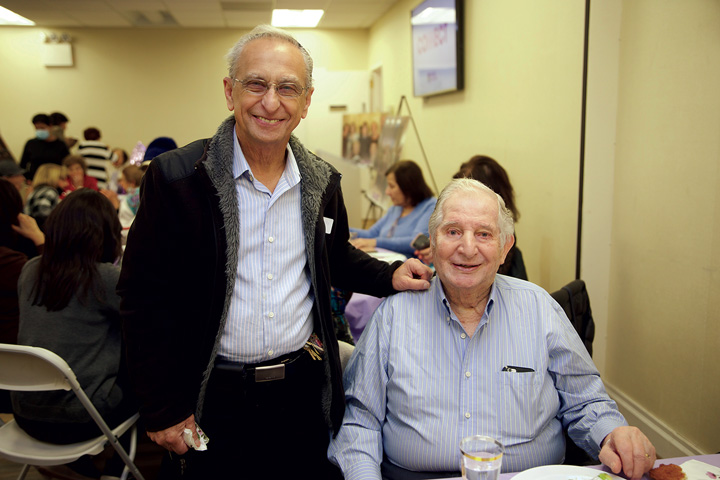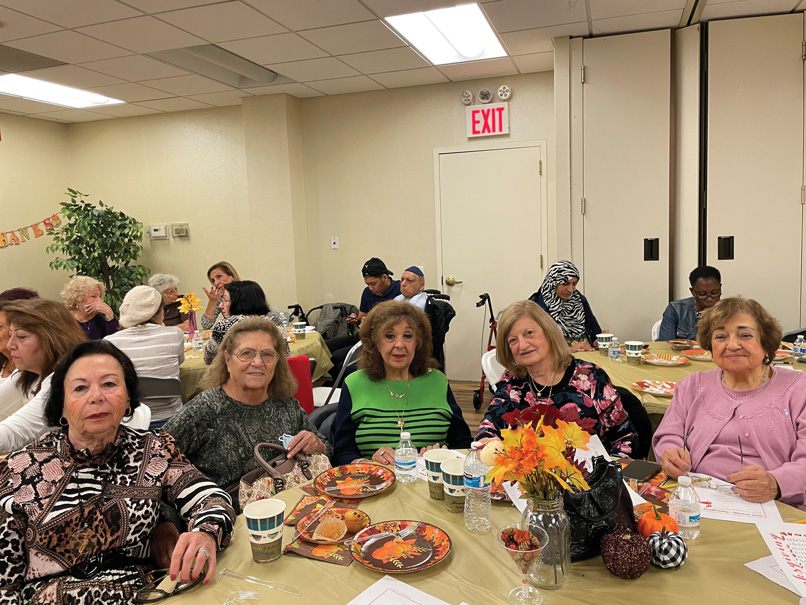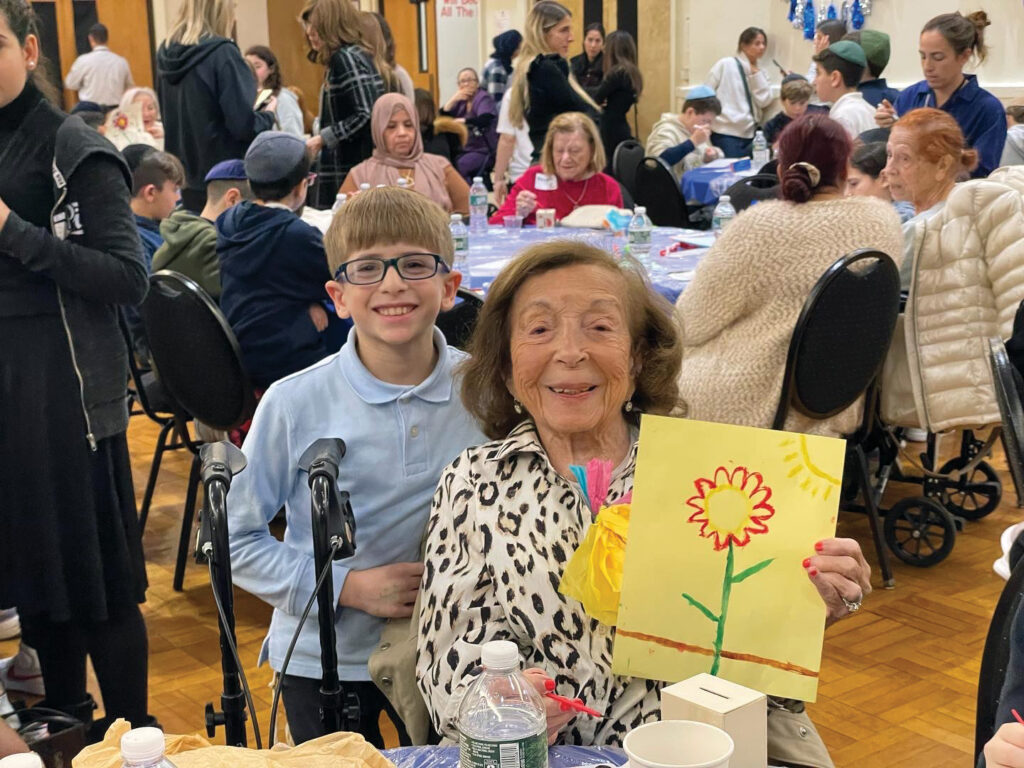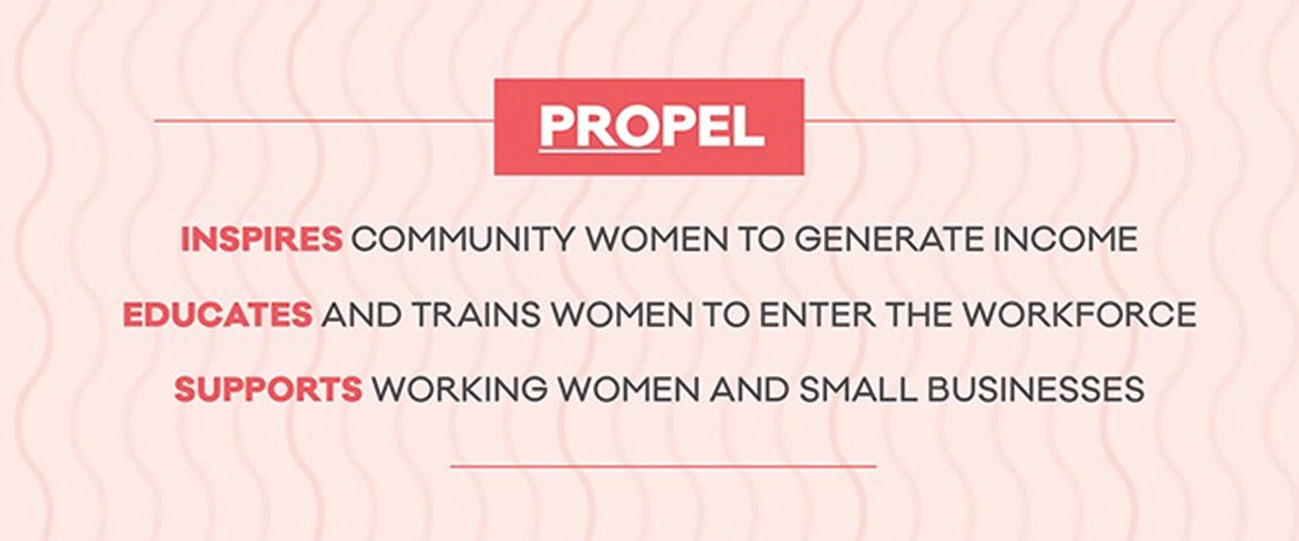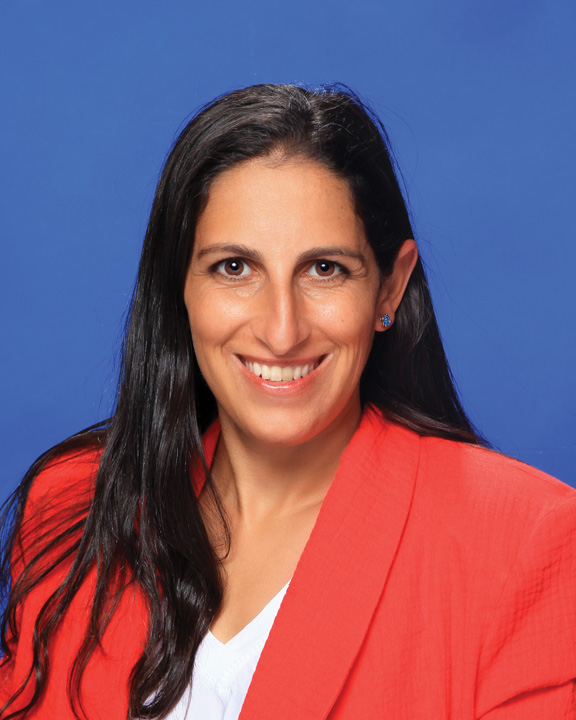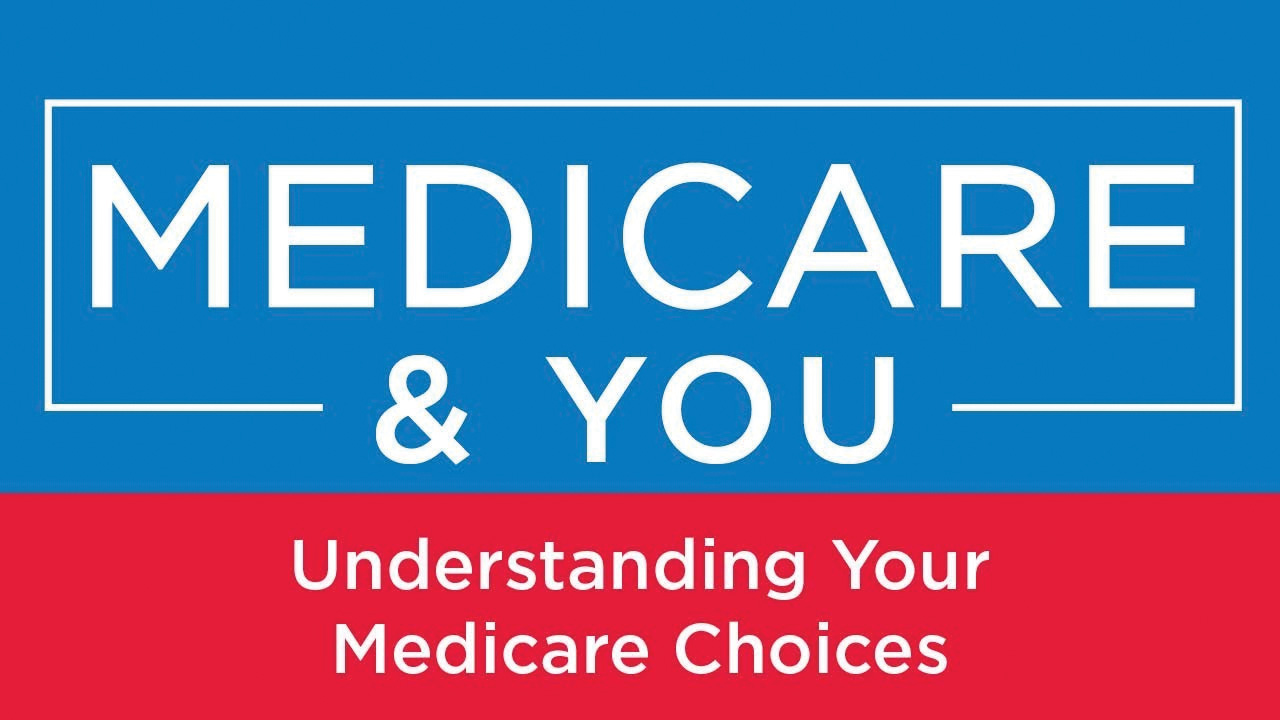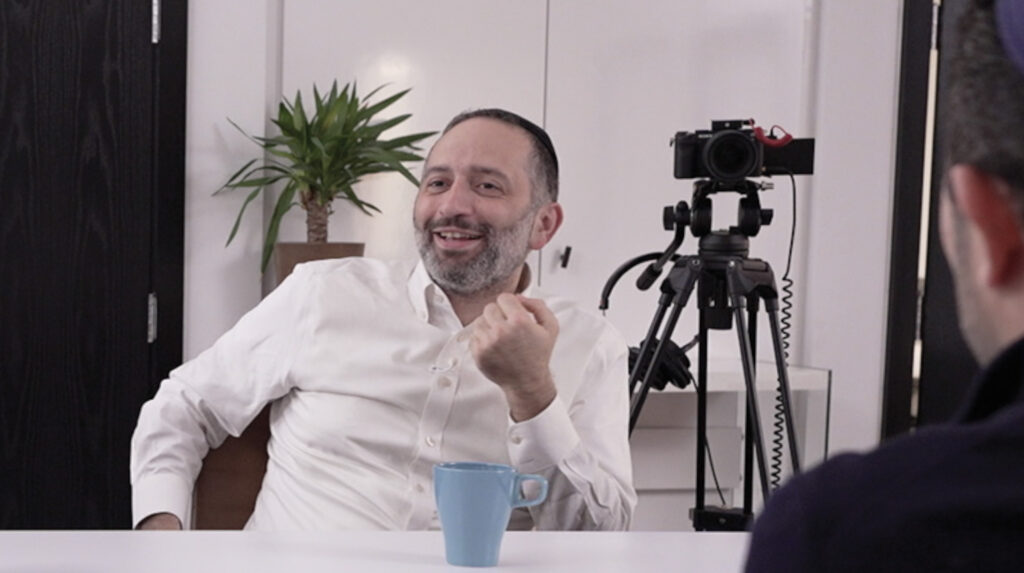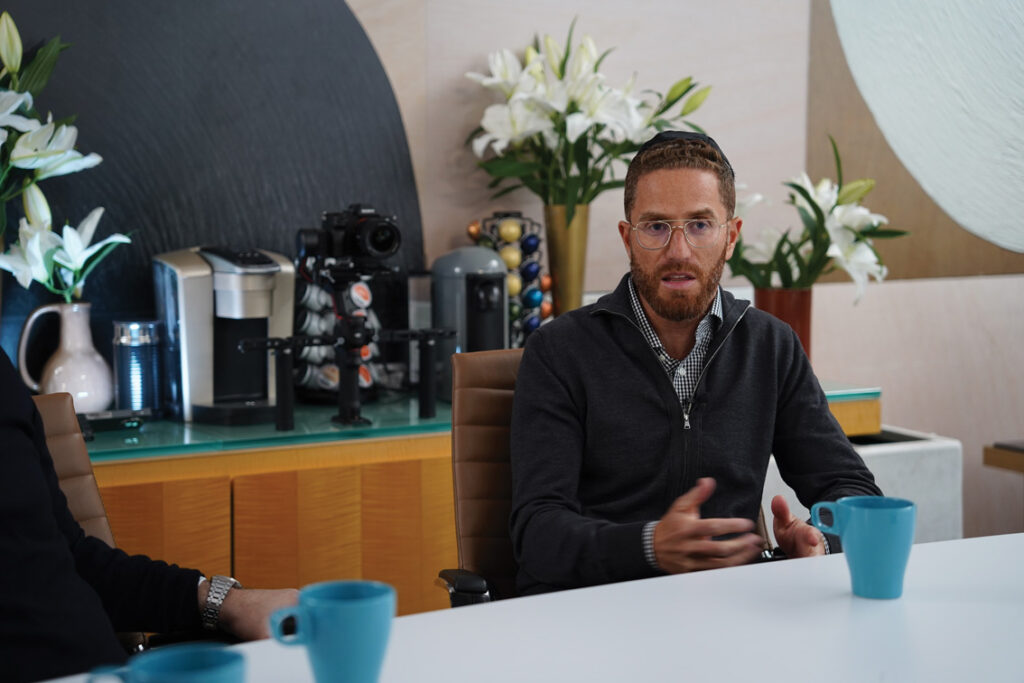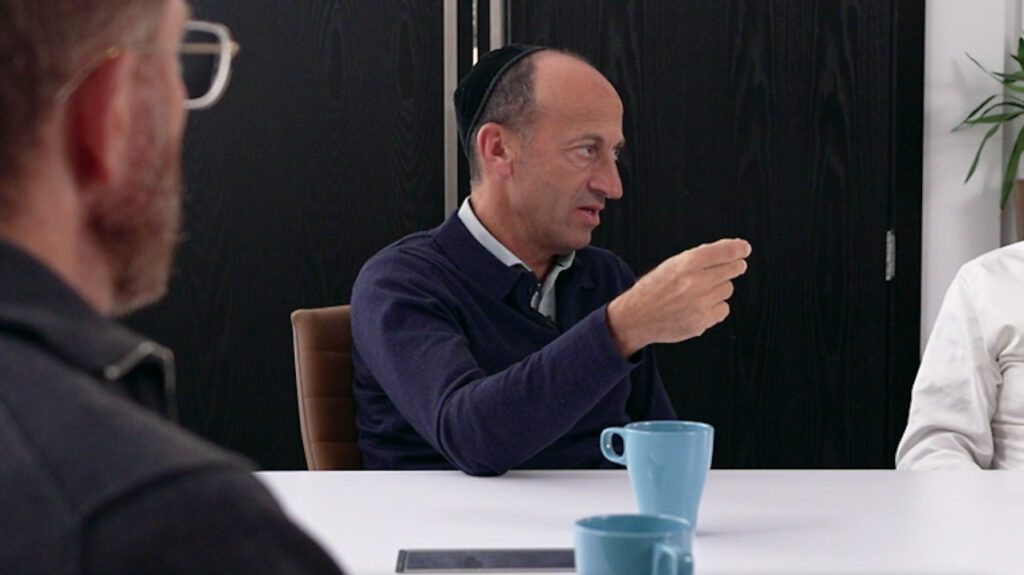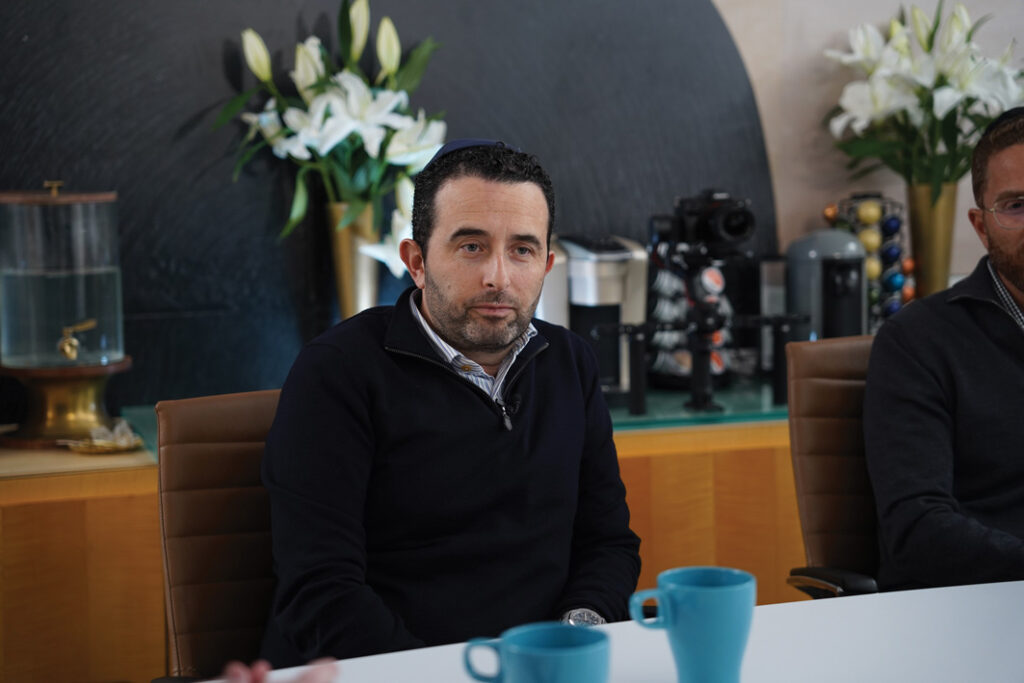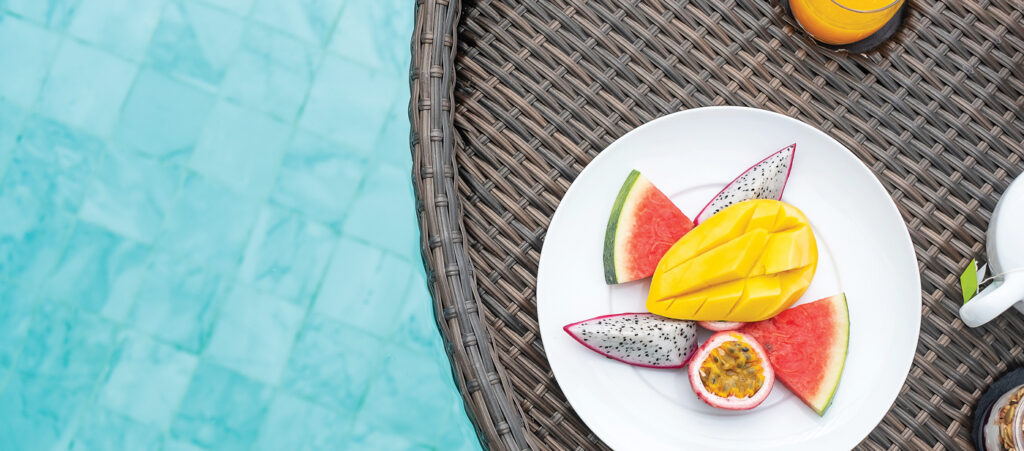ENOUGH IS ENOUGH
FIGHTING ANTISEMITISM
YOLA ASHKENAZI
ON A WARM SUMMER NIGHT IN AUGUST, THE ENOUGH IS ENOUGH ORGANIZATION HOSTED A COMMUNITY WIDE EVENT. SIX COMMUNITY ORGANIZATIONS JOINED TOGETHER IN DEAL, NEW JERSEY AT THE HOME OF LINDA AND ISAAC MASSRY WITH ONE GOAL IN MIND: TO EDUCATE, UNITE, AND EMPOWER MEMBERS OF OUR COMMUNITY TO STAND UP AGAINST ANTISEMITISM.
Enough Is Enough alongside the SCA, Kesher, Stand With Us, the SCF, and the Center hosted interval workshops in which attendees were able to learn how to combat the antisemitism that is present in their lives.
We’re seeing a rapid rise in antisemitic rhetoric and acts in every-day conversation—both online and in person—and it would be a complete disservice to our community and to the Jewish people as a whole if we did not learn how to effectively stand up for ourselves. According to the Anti-Defamation League (ADL), 2021 was the highest year on record for documented violence directed against Jews. These record-breaking numbers present as part of a consistent, five year upswing in the number of antisemitic incidents, unprecedented in the ADL’s three decades of data collection. This violence has eroded the sense of security that American Jews have long experienced, and it raises real concerns about our safety and well-being in this country. With this hate being expressed increasingly publicly and violently, it is imperative that we equip ourselves with the hard skills needed to take a stand against the antisemitism that is prevalent in our lives. The event to Combat Antisemitism, put together by a group of gallant and dedicated young adults, was aimed at doing just that.
Each community organization arranged their own respective programming in which they taught about different ways that one can get involved in combating antisemitism. Attendees were able to tailor the evening to their own interests, choosing which breakout groups were most intriguing to them, and allowing for an event that would be effective and interesting to all. From Krav Maga instruction to conversations about how to respond to antisemitism on campus, there were truly spaces for everyone to feel comfortable and learn about how they can best incorporate the fight of antisemitism into their own lives.

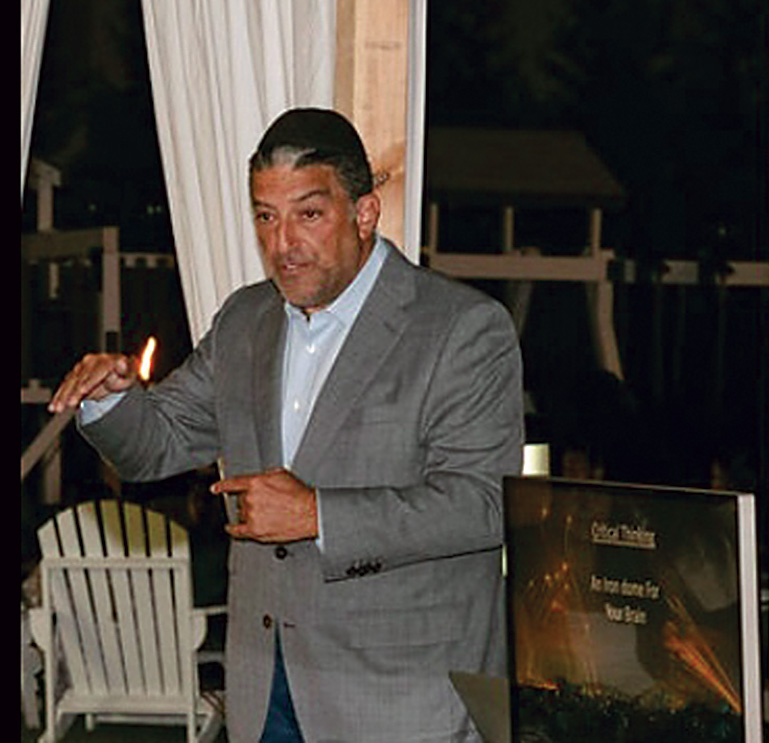
In addition to these thoughtful conversations and breakout groups, were distinguished speakers including New Jersey Senator Vin Gopal, activist Adela Cojab, Rabbi David Haber, and representatives of the different organizations. The crowd listened intently as the speakers imparted messages about the importance of taking a stand against antisemitism wherever one may come across it.
Senator Gopal spoke about how it is our duty to educate our youth and about his valiant efforts to incorporate awareness about antisemitism, the Holocaust, and the State of Israel into the state’s school curriculum.
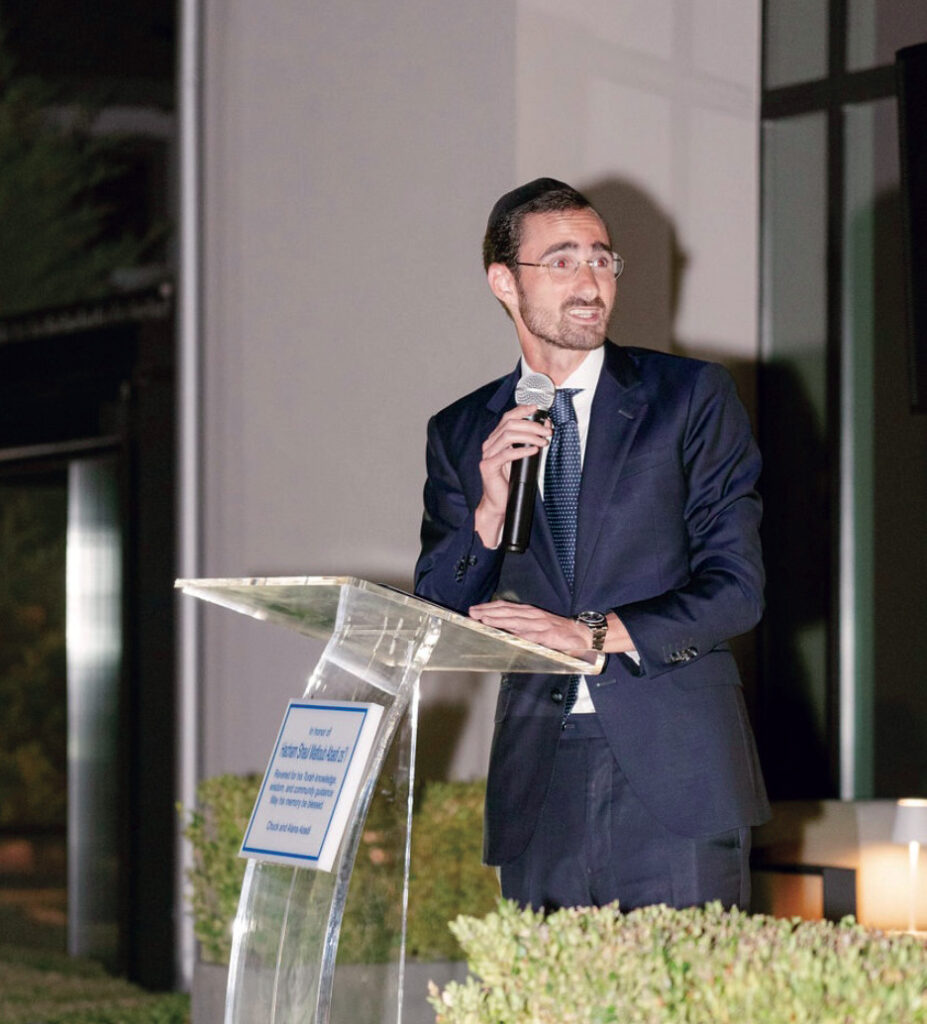

Adele Cojab inspired the crowd by passionately explaining that it is our responsibility to stand up for ourselves in a strong and meaningful way. “We live in a time of civil rights where every group is standing up for themselves and every group is claiming space, why haven’t we hopped on that bandwagon?” Cojab exclaimed. She continued, telling the crowd that “Not everyone has to be an activist and not everyone has to be an advocate, but as long as you stand strong, as long as you are always prideful, as long as you sit in your class and you stay true to your beliefs, that is everything.”
Finally, Rabbi Haber spoke about the responsibility that the community has to each other to stand up for one another regardless of any and all differences. “Everybody sitting here is a brother and a sister,” he began, “if you’re on the right, if you’re on the left, if you’re in the center, if you live in Deal, if you live in Brooklyn—regardless of your background, there’s no discrimination.” It is a strong message about the value of togetherness regardless of political views at a time of discord and polarization in our country.
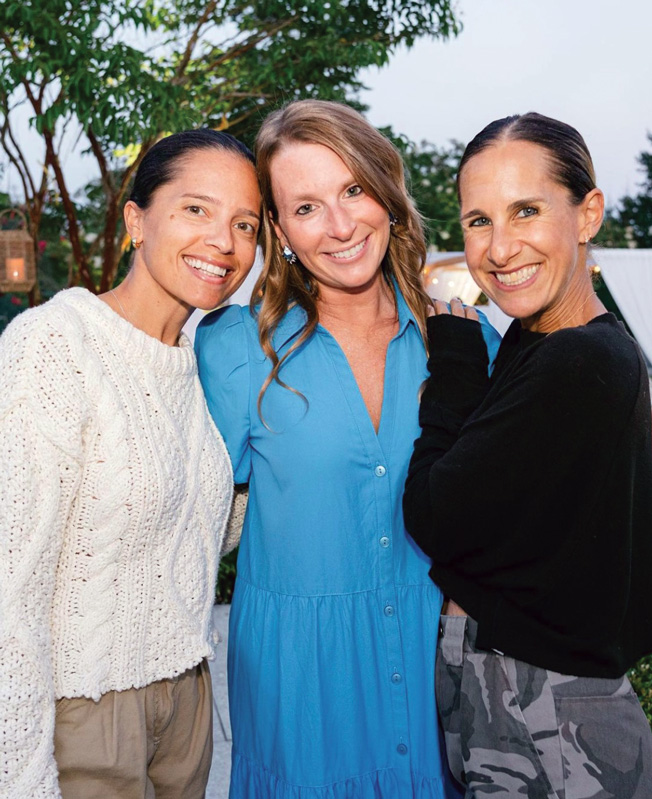



Representatives from the different organizations spoke as well. Notably, Michael Harary from Enough is Enough (EIE) said, “Together and united is when we’re at our strongest point in combating antisemitism.” EIE is encouraging young adults to combat antisemitism and this event proved to do just that with 300 attendees listening keenly and participating sincerely. EIE plans on continuing to educate and empower our community’s young adults by forming teams on college campuses who host self-defense classes, organize athletic tournaments, and increase pro-Israel political involvement and lobbying. After this event, I certainly felt better equipped to stand up for the Jewish people and the Jewish nation when need-be. I implore you to seek out resources to learn how you can best protect yourself and protect our nation because we may need to do so when we least expect it.
Yola Ashkenazi is a junior studying economics and psychology at Barnard College. She is President of the Chabad at Columbia University’s undergraduate board and is involved with AIPAC’s campus and community initiatives.

